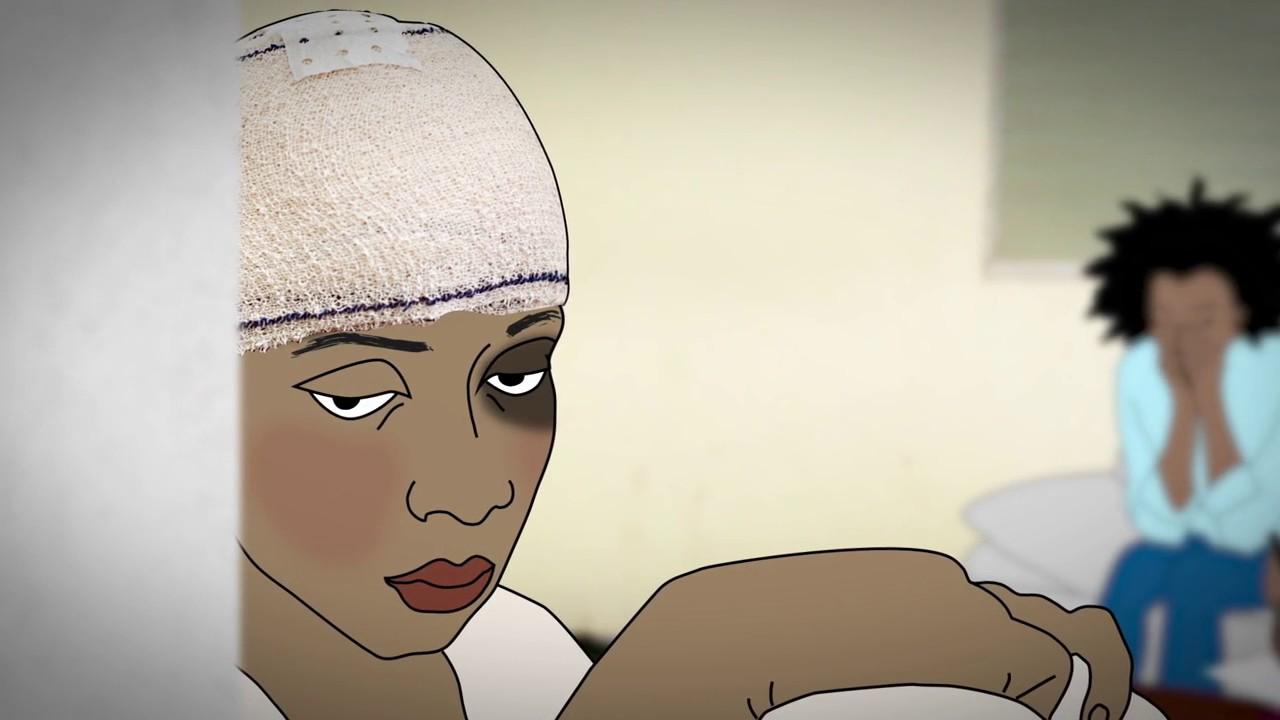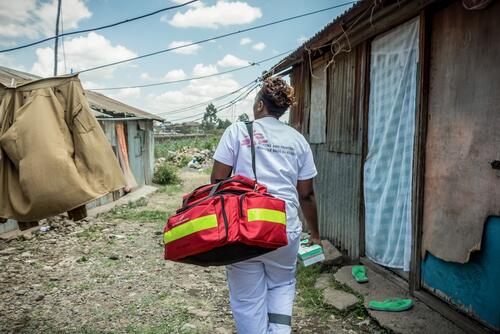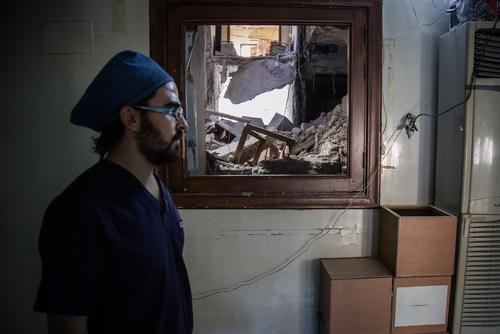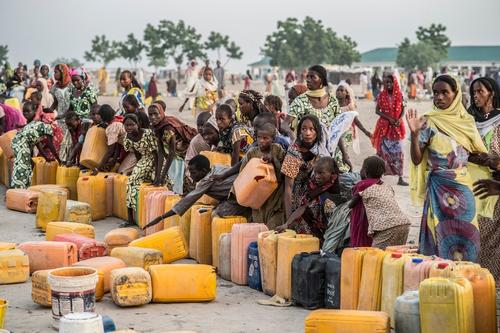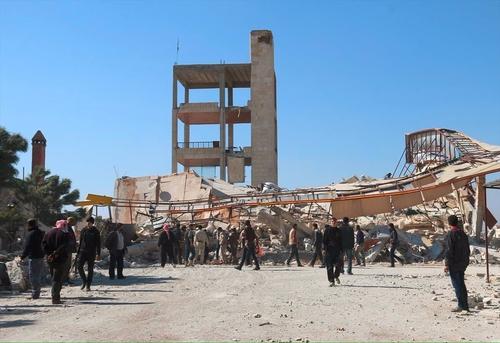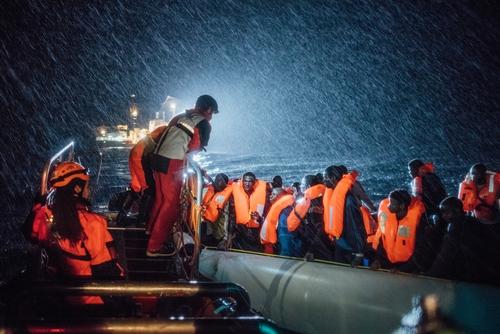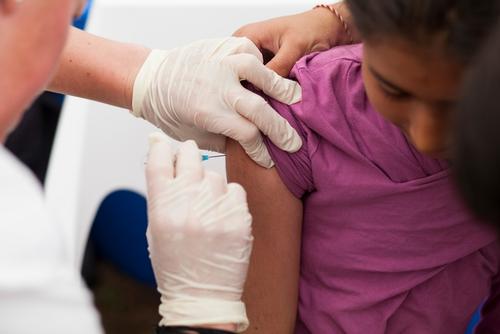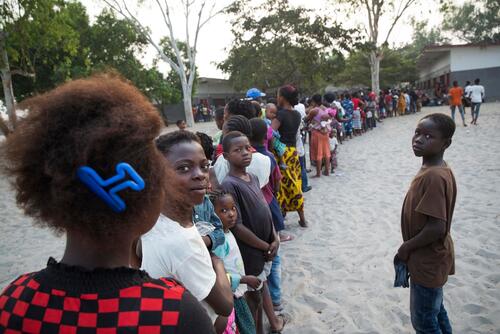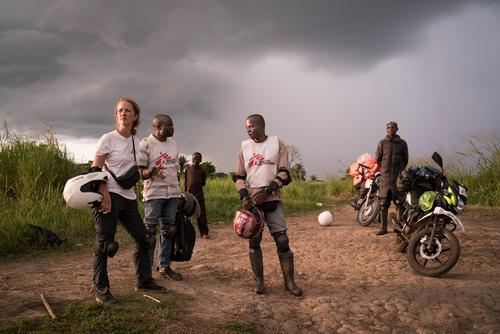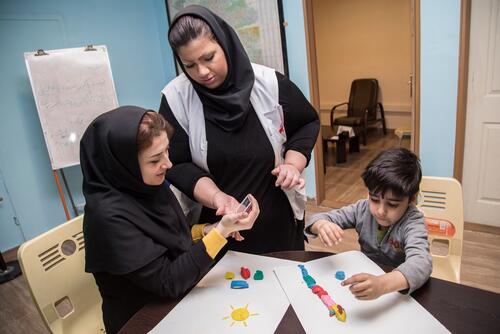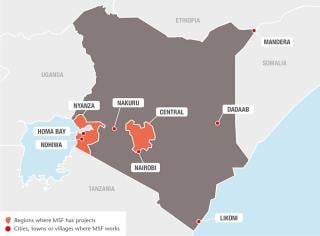
298,000
298,
17,600
17,6
2,000
2,

790
79
330
33
The existence of the Dadaab refugee camps in northeastern Kenya, which have sheltered refugees for over 25 years, came under threat in May when the Kenyan government announced that they would close it by the end of the year, citing economic, security and environmental concerns. The closure would mean that the camps’ inhabitants would have to return to war-torn Somalia. MSF publicly opposed the decision, and in August carried out a survey in Dagahaley, one of the five camps that make up the complex. The survey showed that 86 per cent of people were unwilling to return to Somalia. In November, the government announced it would extend the deadline for closure until May 2017.
Throughout the year, MSF continued its work in the 100-bed hospital in Dagahaley, and at the two health posts. Teams carried out 162,653 outpatient consultations, and admitted 9,137 patients to the hospital, including 917 children with severe malnutrition. More than 3,000 babies were born in the hospital’s maternity ward.
In January, MSF launched a sexual and reproductive health project in Mrima health facility, in Mombasa. In partnership with the Mombasa County Department of Health, MSF aims to reduce maternal and newborn mortality in the area. In 2016, 1,473 births were assisted and more than 2,000 women attended antenatal consultations.
Teams continued to tackle a cholera outbreak that began in December 2014. By the end of 2016, a total of 16,511 cases had been reported nationally. MSF responded in 16 counties, supporting local authorities to set up cholera treatment centres, training staff, donating drugs and supplies, conducting health promotion activities and improving water and sanitation. A total of 4,712 cholera patients were treated. In Mandera, the cholera outbreak coincided with a simultaneous outbreak of the mosquito-borne disease chikungunya, placing additional strain on health services. MSF teams treated around 1,150 patients and distributed 2,800 mosquito nets.
In Nakuru, MSF intervened to respond to an epidemic of influenza virus declared by the health authorities, with a reported 12.3 per cent of deaths among patients. MSF confirmed the existence of a peak of Syndrome of Acute Respiratory Infections (SARI) cases, due to several pathogens and not only influenza. High mortality was due to case management issues , MSF intervened at the end of April to support the treatment of 240 patients, and a month later, the rate of patients dying fell to to 0 per cent.
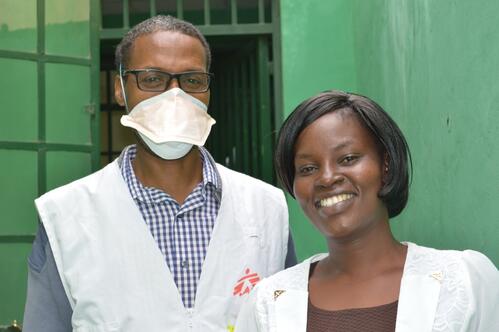
Nairobi
More than 200,000 people living in Kibera, Nairobi’s largest slum, have access to comprehensive medical care at a clinic run by MSF. This year, 176,415 people received medical treatment from MSF. As well as providing basic and maternal healthcare, the clinic treated 728 patients for HIV, 386 for tuberculosis (TB) and 997 for non-communicable diseases, such as hypertension, asthma and epilepsy. In addition, 11 patients started a new hepatitis C regimen and 114 received care for sexual and gender-based violence.
After more than 20 years in Kibera, MSF is in the process of handing the clinic over to the Kenyan government and another NGO. In June, the running of the maternity ward, where 200 babies are born every month, was successfully transferred. The handover process is scheduled for completion by the middle of 2017.
Nairobi Eastlands
Since 2008, MSF’s clinic in Nairobi Eastlands has been providing psychological, medical, legal and social assistance to victims of sexual and gender-based violence. From end 2015, MSF also worked with authorities to develop an integrated model of care in two primary healthcare facilities in Eastlands.
More than 2,700 new patients were treated in 2016, half of whom were minors.
MSF continues to work with local authorities to increase access to emergency care for people living in Mathare slum and Eastleigh neighbourhood. The project includes a call centre, an ambulance referral service and support to the emergency department of Mama Lucy Kibaki hospital comprising staff, triage, training and donations of equipment and buffer drugs in case of stockouts. MSF ambulances intervened more than 5,200 times during the year, and over 24,000 people were seen at the hospital’s emergency department.
A team in Eastlands supports the detection and treatment of multidrug-resistant TB (MDR-TB). Eighteen MDR-TB patients were diagnosed, and four were able to initiate regimens containing bedaquiline or delamanid, the first new TB drugs to be developed in 50 years.
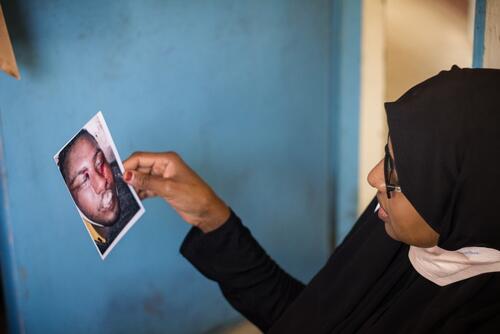
HIV care in Homa Bay
HIV in the Nyanza region remains a major health problem. In Ndhiwa, Homa Bay for example, one out of four adults are living with the virus while 2 per cent of the population is infected every year.
The virus also continues to kill. A study carried out by Epicentre/MSF between December 2014 and March 2015 in the adult ward of Homa Bay referral hospital found that AIDS accounted for more than a third of admissions and 55 per cent of deaths. Worryingly, 50 per cent of AIDS cases were patients failing their treatment and showing new opportunistic infections, despite having started antiretroviral (ARV) treatment.
Since 2014, MSF has been running a programme in Ndhiwa sub-county aimed at controlling the spread of HIV, and reducing the number of deaths from the disease. MSF works jointly with the Ministry of Health and the local communities to strengthen all HIV prevention and care measures in the county, such as voluntary male circumcision, prevention of mother-to-child transmission, HIV testing and ARV therapy, and support with adherence and secondary care, including the treatment of opportunistic diseases.
MSF is also involved in the adult medical ward of Homa Bay and Ndhiwa hospitals to improve the quality of care provided for HIV and non-HIV patients. MSF works on general organisation, staff recruitment, training, review of protocols and quality of clinical and nursing care.
In 2016, more than 3,000 patients were diagnosed and enrolled, and more than 14,300 patients were receiving ARVs in Ndhiwa. Around 5,000 people were admitted to the MSF-supported Ndhiwa and Homa Bay hospitals’ adult inpatient wards.
